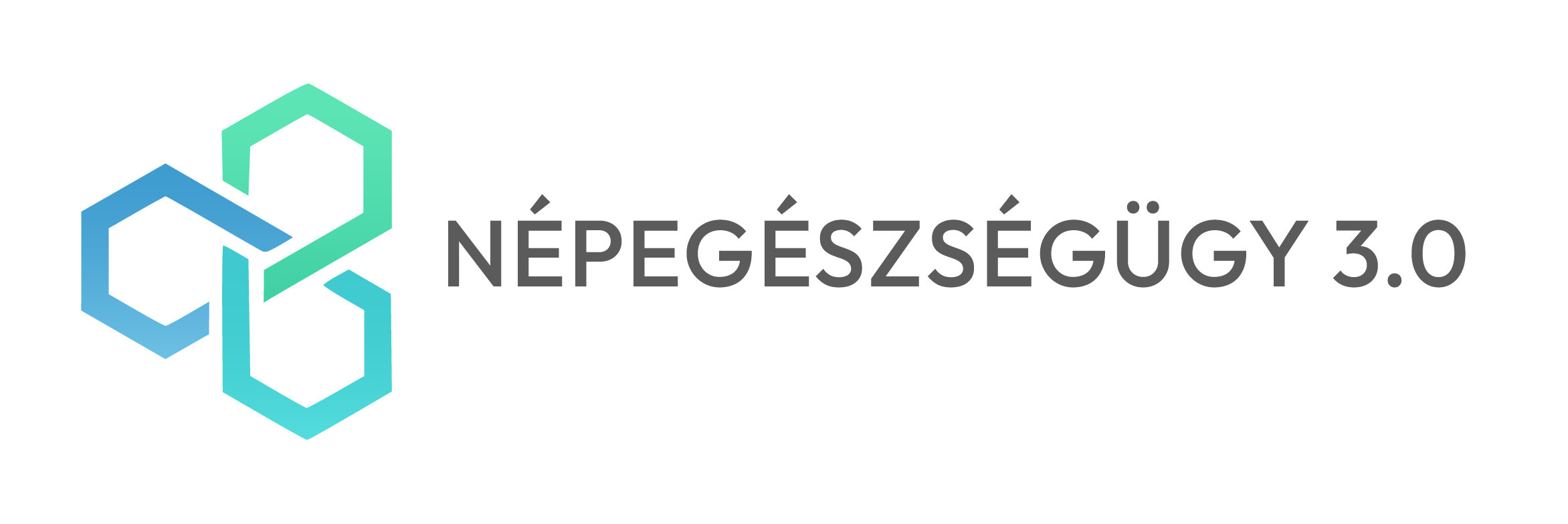Pozitív pszichológiai stratégiák az egészségfejlesztés szolgálatában: az Egyensúly Program bemutatása
Abstract
INTRODUCTION: With the rise of positive psychology, attitudes towards health have also changed perspective: views on mental health and quality of life have been significantly rearranged. The general aspiration of the approach was the expectation that psychological well-being, happiness and healthy personality functioning should be given as much emphasis as possible. At the same time, the development of mental health is inseparable from the space of lifestyle and physical activity. This is why the Balance Program focuses on these three components of health.
METHODS: In the Balance Program, we used measuring instruments for measuring mental health and health behaviors, which proved to be suitable for determining individual development directions. Based on the Mental Health Test, the Mental Health Continuum Scale, the Values In Action Questionnaire and the Health-Related Attitudes Questionnaire, various indicators of mental health were assessed in order for the Program's psychologist, dietician and personal trainer to provide optimal, individualised development to the participants.
RESULTS: In its current form, the Balance Program does not focus on collecting data for statistical purposes but on supporting personal development. The Program works in a positive psychological approach and with methods and tools applied in positive psychology, which the participants evaluated as attention-grabbing, novel and easy to learn in their subjective reports. And the positive changes became the forerunners of the need for individual development and motivation.
CONCLUSIONS: The practical experience of the Balance Program shows a significant demand for workplace health promotion initiatives, which, with proper implementation, also anticipates a positive change in the health behaviour of the participating persons.
References
Bartholomew, M. (2002) James Lind’s Treatise of the Scurvy (1753). Postgraduate Medical Journal, 78, 695–696. http://dx.doi.org/10.1136/pmj.78.925.695
Antonovsky, A. (1979) Health, Stress and Coping. San Francisco. Jossey-Bass.
Antonovsky, A. (1987): Unraveling the Mystery of Health: How People Manage Stress and Stay Well. San Francisco. Jossey-Bass.
Bárdos, Gy. (2019): Lifestyle, homeostasis, recreational sports. In Gősi, Zs., Boros, Sz., Patakiné, B. J. (eds). Studies on the topic of recreation. Eötvös Loránd University Faculty of Pedagogy and Psychology.
Bárdos Gy., Ábrahám, J. (2017): Leisure and Pleasure: Healthy, Useful, Pleasant - Why Don't We Do? In Benkő, Zs., Modi, I., Tarkó, K. (eds). Leisure, Health and Well-being - A Holistic Approach Sprineger Verlag, Palgrave Macmillan. 81-89.
Block, J. and Kremen, A. M. (1996): IQ and ego resiliency: conceptual and empirical connections and separateness. Journal of Personality and Social Psychology, 70:2, 349-371.
Csíkszentmihályi, M., Csíkszentmihályi I., S., (ed.) (2011): A life worth living. Studies on positive psychology, Hungarian version.
Gyömbér, N., Kovács, K. (2019): Sport psychology for everyone. Noran Libro. Budapest.
Hidvégi, P - Bíró, J (2015): The Theory and Methodology of Recreation 2. Eszterhazy Károly College.
Honfi, L., Szalay, G., Váczi, P. (2009): Integration of sport into everyday life. Acta Academiae Agriensis, Sectio Sport. XXVI. 51-63.
Jákó, P. (2012): Sport, Health, Society. Hungarian Science. 9: 1081-1089.
Keyes, C. L. M. (2002): The Mental Health Continuum: From Languishing to Flourishing in Life. Journal of Health and Social Behavior 43(2): 207-22. https://doi.org/10.2307/3090197
Kullmann, L., Harangozó, J. (1999): Domestic adaptation of the World Health Organization's quality of life assessment method. Medical Journal 140(35). 1947.
Masten, A. S. (2014): Global Perspectives on Resilience in Children and Youth. Child development. 85:1. 6-20. DOI: 10.1111/cdev.12205
McGonigal, K. (2022): The joy of movement. Ursus Libris. Budapest.
Nagy H. (2019): The application of positive psychology in clinical and health psychology. Eötvös Loránd University.
Nagy, B., Kovács, K. E. (2017): Health behaviour attitudes among high school and university students. Physicians and medical students, Medical Weekly. 158: 44. 1754-1760. https://doi.org/10.1556/650.2017.30847
Niemiec, R. M., McGrath, R. E. (2022): The Power of Character Strengths. Mental Focus. Budapest.
Oláh, A. (2005): Emotions, coping and optimal experience. Trefort. Budapest.
Oláh, A. (2012): The sunny side of psychology. Hungarian Journal of Psychology. 67:1. 3-11. https://doi.org/10.1556/mpszle.67.2012.1.1
Oláh, A., Kapitány-Fövény, M. (2012): Ten years of positive psychology. Hungarian Psychological Review. 67:1. 19-45. https://doi.org/10.1556/MPSzle.67.2012.1.3
Oláh, A., Nagy, H., Magyaródi, T., Török, R., Vargha, A. (2018): In Edit Lippai (ed). Inv. XXVII International Symposium on Psychology at the XXVII Congress of the XXVII. Psychological Psychology. Budapest. Hungarian Psychological Society. 80-81.
Peterson, C. and Seligman, M. E. P. (2004): Character strength and virtues: A handbook and classification. New York: Oxford University Press, Washington, DC: American Psychological Association.
Pikó, B. (2011): Quality of life and health protection in modern society. Age 22: 4. http://epa.oszk.hu/00400/00458/00567/pdf/EPA00458_korunk_2011-04_003-009.pdf
Pikó, B., Hamvai Cs. (2012): Stress, coping and resilience in early adolescence. School culture. 9. 24-33.
Reinhardt M. et al. (2020): Domestic validation of a short version of the Mental Health Continuum Scale. Hungarian Psychological Review. 75.2/14. 217-246. https://doi.org/10.1556/0016.2020.00014
Seligman, M. E. P., and Csikszentmihalyi, M. (2000). Positive psychology: An introduction. American Psychologist, 55(1), 5–14. https://doi.org/10.1037/0003-066X.55.1.5
Szabó, E. (2009): The system of workplace health psychology and health promotion at the Hungarian Police, and the subjectively perceived workplace stress characteristics - with special regard to the time factor - among professional police officers. PhD thesis, University of Debrecen.
Szondy, M., Martos, T., Szabó-Bartha, A., Pünkösty, M. (2014): Reliability and validity testing of the Hungarian version of the Processing Methods of Brief Positive Experiences Scale. Mental Health and Psychosomatics. 15:3. 305-316. DOI: 10.1556/Mental.15.2014.3.10
Seligman, M. E. P. (2011): Flourish - Live happily! Academic. Budapest.
Vargha, A., Zábó, V., Török, R. and Oláh, A. (2020): Measuring well-being and mental health: the Mental Health Test. Mental hygiene and psychosomatics. 21 (2020) 3, 281–322. DOI: 10.1556/0406.21.2020.014
WHO (1986): the ottawa charter for health promotion. http://www.who.int/healthpromotion/conferences/previous/ottawa/en/ Download time: 29. 11. 2022.












